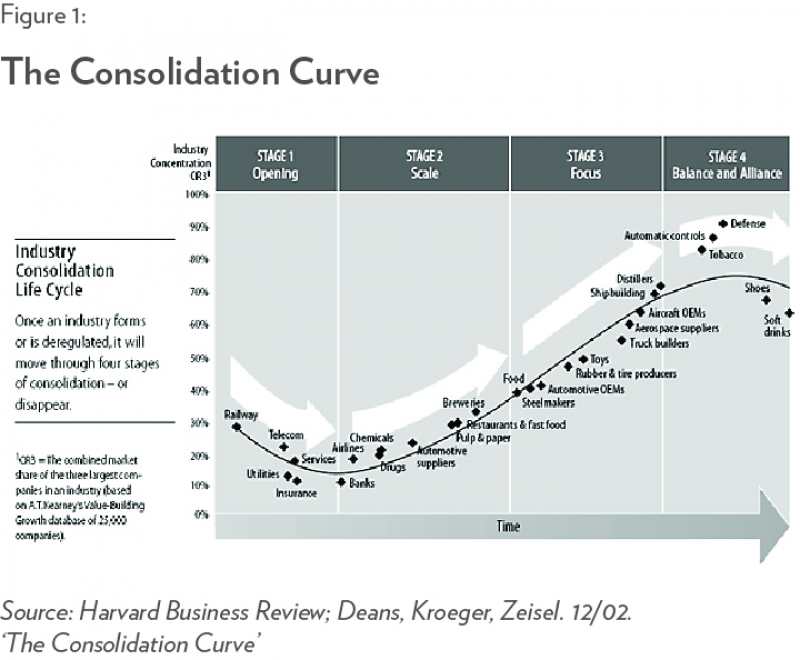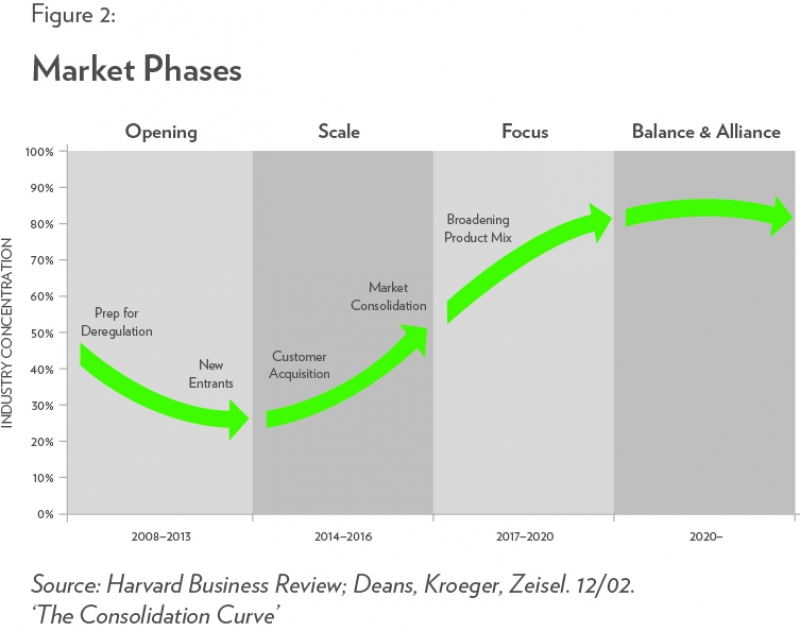BACKGROUND
Deregulated government monopolies aren’t supposed to work. Accepted wisdom tells us that they take decades to manage the structural and cultural change required to adapt to competitive forces. What they lack in dynamism they make up for in expertise and they take advantage of the natural inertia of their audience to keep their customer base. They emerge, perhaps not as dominant, but as respectable, if uninspiring businesses with legacy pension obligations, HR issues and a job for life culture.
In 2008, Bord Gáis Energy (BGE) faced into this future. European legislation compelled the Irish government to open up the monopolised markets for gas and electricity. The text book said that new entrants would come in, hoover up market share from BGE and leave it as a diminished entity. But a small cohort of seasoned, sophisticated managers decided to challenge the orthodoxy and push to make the deregulated company bigger, better and more dominant than ever. In fact, they decided to push beyond the traditional role of marketing; using it as a strategic lever for business advantage.
This strategy was inspired by an article in the Harvard Business Review in 2002 about the cycles of deregulated sectors. The article sets out how these sectors develop allowing our Bord Gáis Energy friends a peek into the future. They decided to make the most of the opportunities that deregulation affords. Having seen the future, they set about anticipating the market phases and adjusting their marketing programme to fully exploit the strategic opportunities. Advertising was a key asset in this effort.


It was immediately apparent from this model that, ultimately, only a couple of energy companies would have meaningful market share a decade or so after it opened. Bord Gáis embarked on a strategic journey to ensure that it was one of them.
READ THE FULL CASE STUDY BELOW